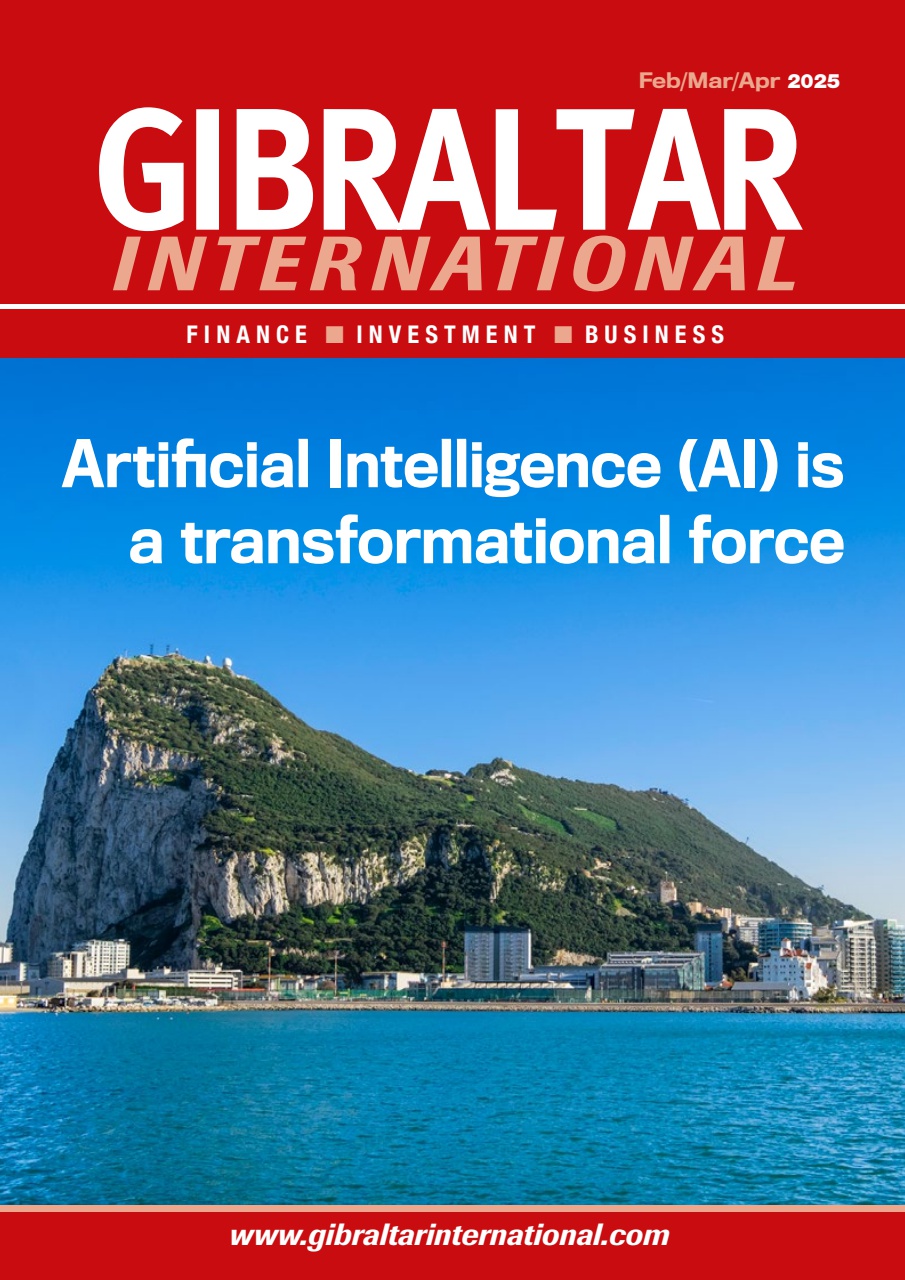Gibraltar Funds: The National Private Placement Regime lives on
By Joey Garcia, Financial Services Partner at ISOLAS and head of the technical committee of the Gibraltar Funds & Investments Association (GFIA)
The reality is that Brexit has had little practical effect on Gibraltar Fund distribution in the EU. It is estimated that around 90% of Gibraltar Funds operate outside of the scope of the UCITS and the Alternative Investment Fund Managers (AIFMD) Directives. Open ended funds running less than EUR 100M will continue operating and promoting through existing National Private Placement Regimes (NPPR’s) that exist. Originally AIFMD envisaged the phasing out of NPPR’s towards the end of 2018, but this was only going to happen on the basis that passporting under AIFMD would be made available for non-EU managers This is now unlikely. The European Securities and Markets Authority’s (ESMA) statement on 30th July 2014 on the extension of the AIFMD passport suggests for various reasons that will not be set out in this article, that the 2018 timeline has become unrealistic.
Accordingly, the significant majority of Gibraltar funds are unlikely to experience change to their operations, in terms of management or promotion. The UK and the US will remain the key markets for fund distribution in line with other similar but more developed fund jurisdictions. The recent ‘Brexit Information Report’ released by the States of Jersey provides an estimate of the net value of funds assets by the location of the ‘ultimate investor.’ Only 17% of this value relates to the EU while 40% relates to the UK and 33% relates to the rest of the world. If funds choose to comply with NPPR’s in order to promote themselves in the EU, then they will need to comply on a country by country basis where the requirements for each Member State are not streamlined or consistent. There are numerous examples of how the regimes differ.
It is also possible for funds to consider other alternative distribution arrangements that can exist outside of the NPPR framework such as the securitisation of a fund’s performance through the creation of an Exchange Traded Instrument offered by a few of the member firms of the Gibraltar Stock Exchange, or the more mainstream use of UCITS platforms and management companies that are able to delegate portfolio management to entities in Gibraltar that are authorised or registered for the purpose of asset management and subject to prudential supervision.
AIFMD and Passporting of investment services: life after Brexit
AIFM’s that are authorised in Gibraltar will be able to continue to rely on the imperfect AIFMD passporting system for the near future. In the eventuality of a ’hard’ exit, unless access to the single market is preserved outside of EU membership, it is likely that passporting rights to the EU would be lost. The indications given by EU leaders is that the UK must accept free movement of people if it wants to remain part of the single market, but it is unclear at this stage what deal will be struck and what special arrangements could be brokered.
Potential arrangements will depend on the model that is eventually adopted by the UK. The Norway model, maintaining the UK’s membership of the EEA and EFTA) would provide the least disruption to financial services being offered. If this is not the case, Gibraltar firms will need to analyse the patchwork of laws governing access by Non-EU ‘third countries’ to local markets. The recent trend in EU regulation has been to harmonise the position of third countries (in particular under AIFMD and MiFIR/MiFID II), without a requirement for the country in question to accept free movement of people. Given that Gibraltar is (along with the UK) more than simply ‘equivalent’ on the basis that firms are already required to comply with EU legislation (and not simply equivalent legislation), it is likely that any extension of the third country passport to third countries will include the UK, and by extension Gibraltar. Other opportunities will also present themselves. In a ‘hard Brexit’ scenario where the UK loses access to the single market completely, EU firms will also lose access to an important UK market. Gibraltar could, under a common market arrangement, and by maintaining the status quo, act as a gateway for European providers to the UK.
The industry in Gibraltar has been considering a dual regime along the lines that actually already exists in other jurisdictions where there is an ability to operate on an EU equivalency basis (under regime A) but also as an alternative, under a separate and alternative regime (regime B) that could encourage new, start up, or alternative operations to move into the jurisdiction on the basis of the flexibility, speed to market and pragmatic approach that is available. This has already (to an extent) been done within the ‘small AIFM’ regime where AIFMD grants the authority to the local regulator, the Gibraltar Financial Services Commission (FSC) to determine the nature of the regime for itself.
Conclusion
The majority of Gibraltar funds, ‘access’ has not changed and is unlikely to change in the near future on the basis that most of these funds rely on NPPR’s, and those rules are unlikely to change anytime soon. We expect funds to continue to focus on NPPR’s and/or to consider other alternative options available to them.
There are likely to be options for Gibraltar investment firms moving forward that will continue to allow, in some way shape or form, access to single market either directly or on an equivalence basis. Similarly, for Gibraltar to potentially act as an entry point to the UK market. For the time being Boards may want to consider contingency options but there is no immediate need for decisions to be made on the basis of a two year transition following Article 50 being invoked.





